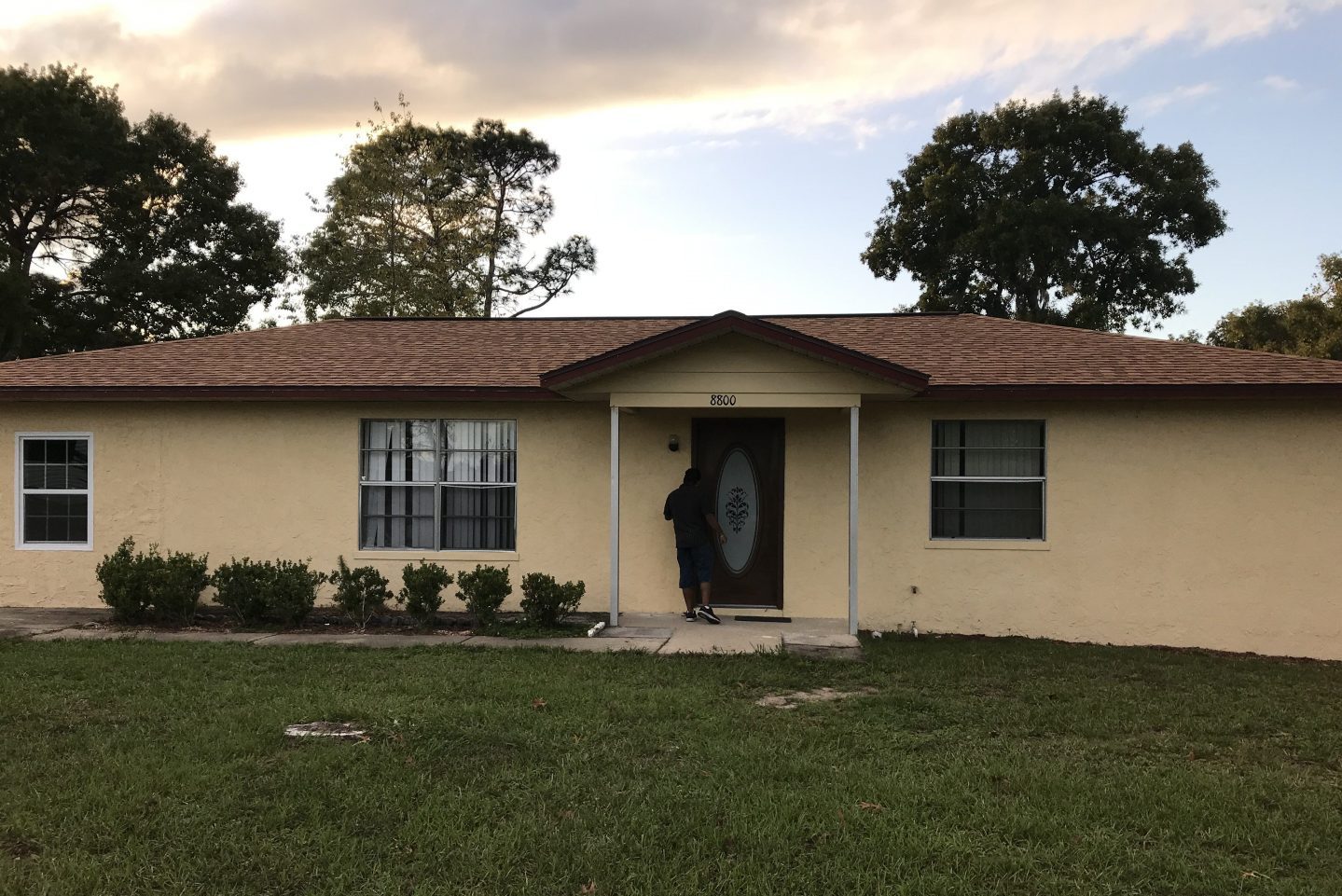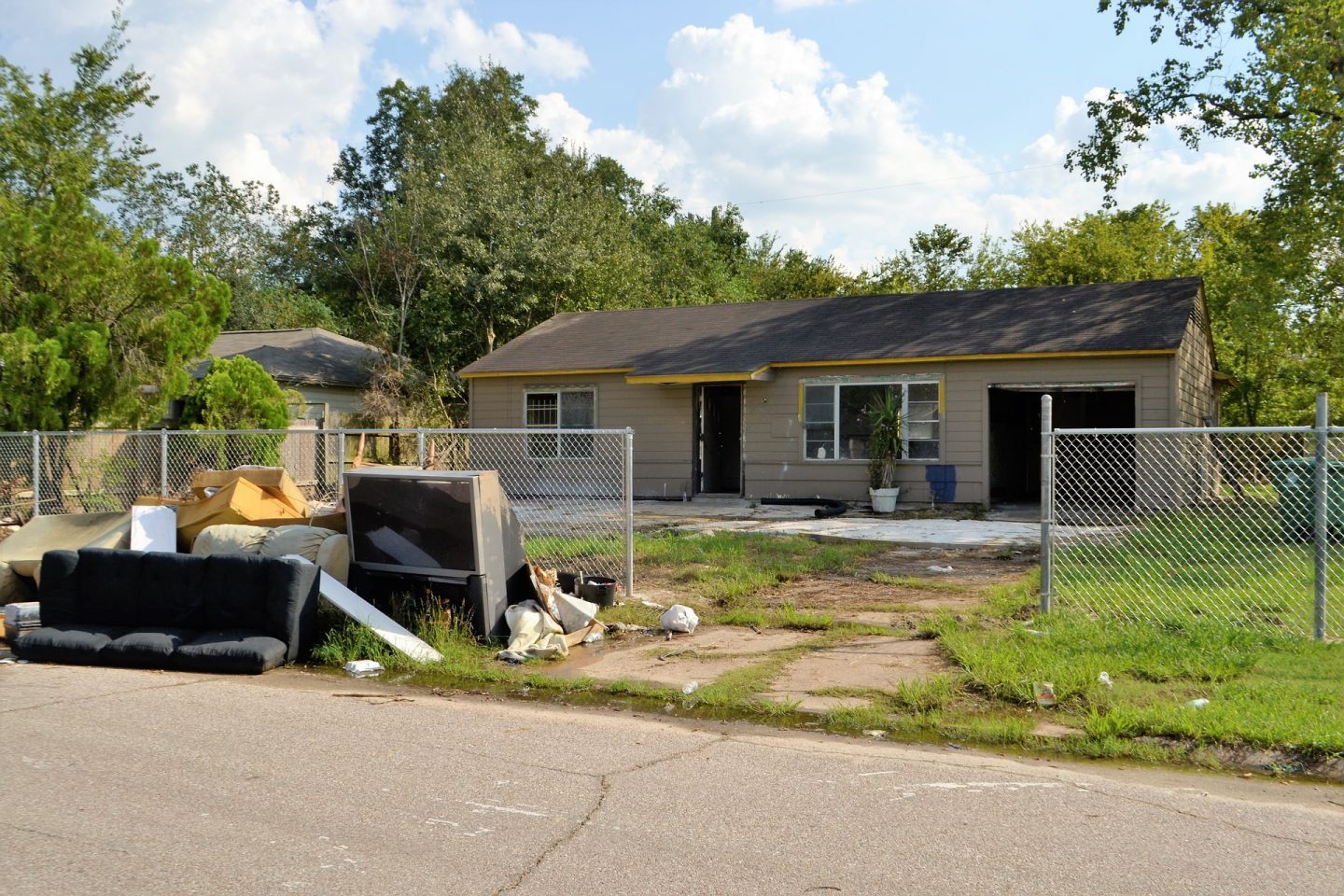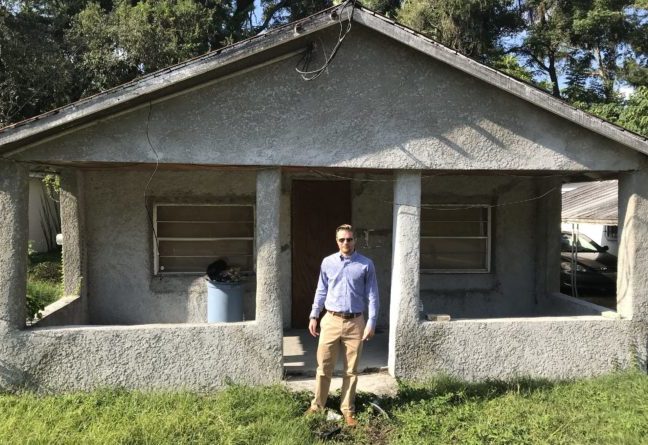If you priced your distressed home above market value, you’re unlikely to have many showings. Homebuyers today are usually much more aware of market conditions, especially in the distressed housing market. Oftentimes, they’ll hire real estate experts to represent them in their home buying journey. Despite what more people think, it’s okay to compromise on your pricing strategy.
If you do decide to set a higher price on your home, you’ll need a strategic plan for cutting your losses. Be aware that your property will most likely be up on the market for longer than it would at a lower price point. It’s in your best interest to set a realistic price for your distressed property to sell it fast. Here are some smart pricing strategies you can adopt:
Check Home Value Estimates Online
When you need to set a price for your distressed property, automated valuation models (AVMs) can be a great tool to use. The AVMs assess the details of your property and real estate market data, then run this information through an algorithm to give you your home’s approximate value. The details factored into your home’s value usually include location, square footage, number of beds and baths, basic features, and more.
Not that AVMs are not the most foolproof way to estimate your home’s value, as their estimates are based on limited data. A home appraisal will likely alter your home’s value based on factors like upgrades you’ve made to the house, damage, changes to your neighborhood, and more.
Set your Home Price based on Comparable Sales Analysis
Before setting a price for your home, research homes that have sold or are currently for sale in your neighborhood. Depending on several factors, property values vary in every area. You can rely on comparable sales (aka comps) to set the best price for your distressed home. Look at recently sold properties that are similar to yours in condition, size, and location. When you get different price listings of homes, add or subtract the value of your home based on unique features, positioning, and upgrades.
If you’re working with a real estate agent, consult with them about comparable sales in your area. They’ll have the knowledge and resources to help you price your home accordingly.
Undervaluing your Home can be a Great Strategy
Setting your price below the market value may sound strange, especially when you want to get the most for your home. However, there is a time and place for this tactic, such as when you’re in a buyer’s market. A buyer’s market occurs when there are more homes than buyers. The opposite is true in a seller’s market: there are more buyers than there are homes being sold. A buyer’s market gives buyers the upper hand, as they have far more options, and you are far less likely to have other offers. In this scenario, pricing below your competitors can help your distressed property stand out, and having to compromise on your pricing strategy may be in your best interest.
Underpricing is a strategic move if your home needs repairs and upgrades you cannot afford. Sometimes, setting a below-market price doesn’t reduce your final earnings as you might think. If you’re selling a home in the right circumstances, this strategy can help attract more potential buyers, which can potentially cause a bidding war.
Price your Property based on Seasonal Shifts in the Real Estate Market
Homes sell faster for more during specific times of the year depending on the stability of the real estate market and buyer behavior. You can boost the profits on your house by over 75% if you sell at an opportune moment.
While you may need to sell your home as fast as you can, if it’s possible, analyze the real estate market before listing. If there’s more demand for homes than supply, you may be able to earn more profit than when there are more homes listed. Oftentimes, the market will experience a surge in the spring, summer, and the early winters.
Remember, it’s okay to compromise on your pricing strategy. If you have any additional questions or you’re having trouble selling your distressed home, please get in touch with us using our contact form, or by calling us at (407) 305-5008.
This article is meant for informational purposes only and is not intended to be construed as financial, tax, legal, real estate, insurance, or investment advice. Meli encourages you to reach out to an advisor regarding your own situation. Please consult with your advisor when making legal decisions.









